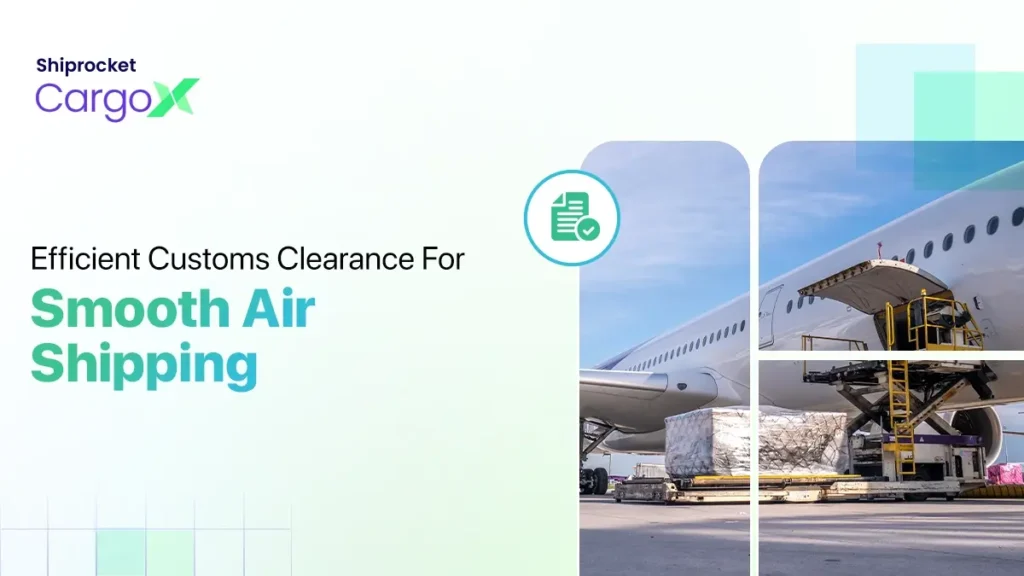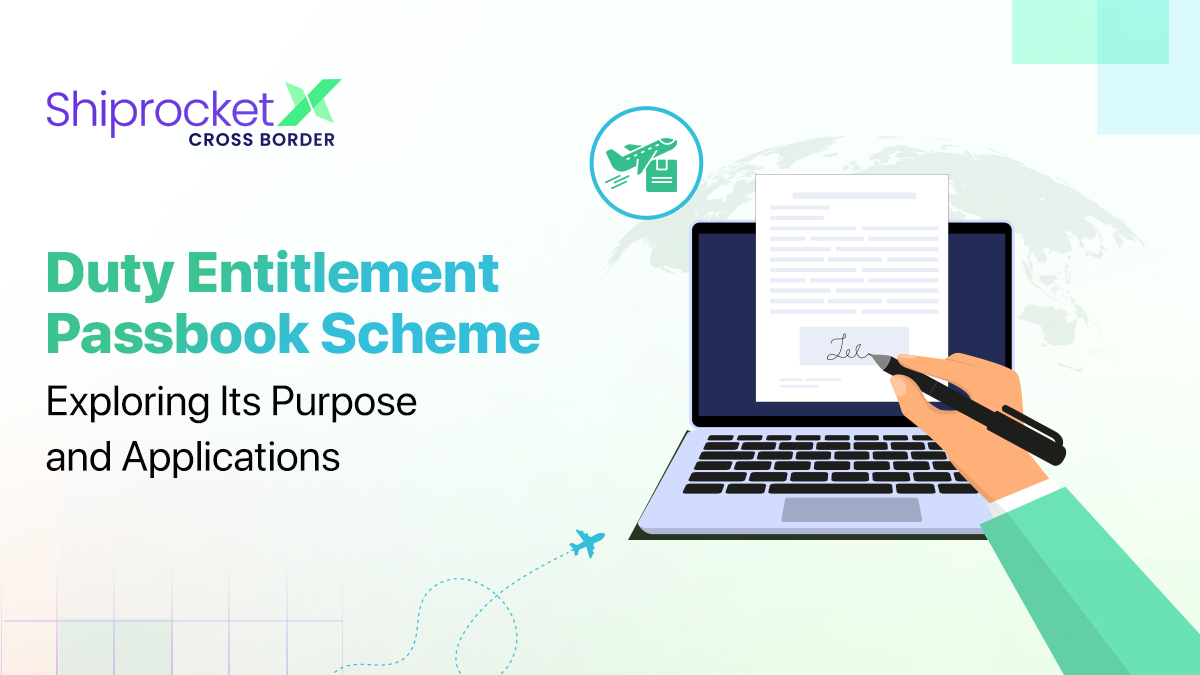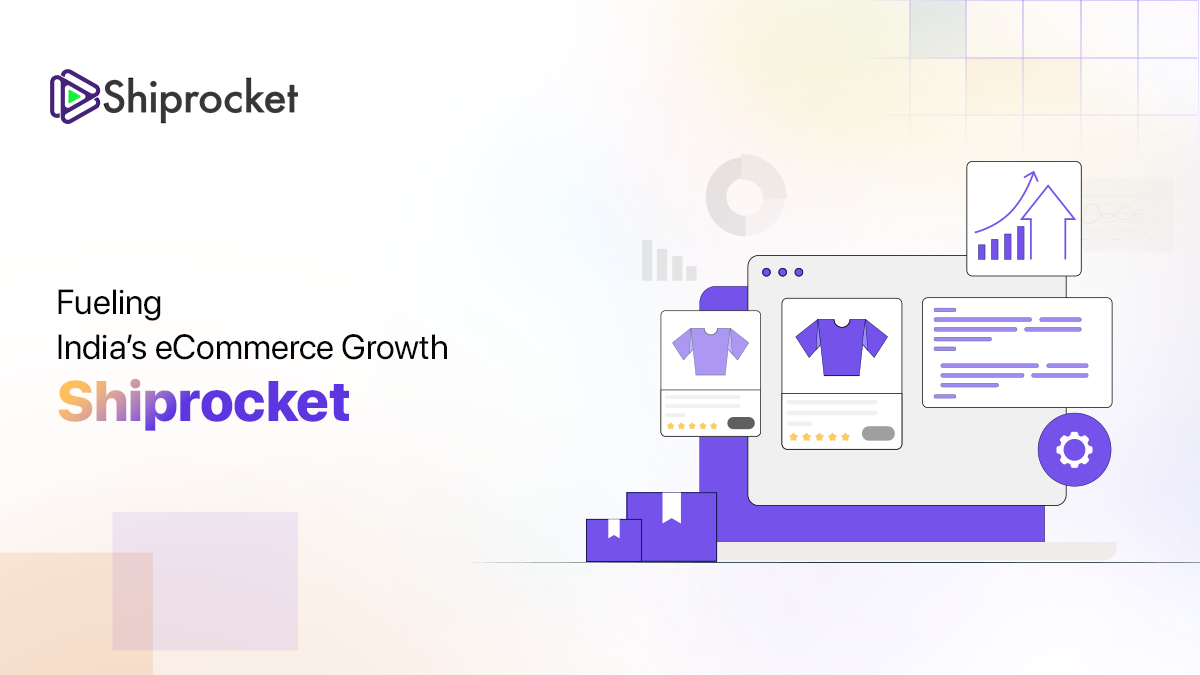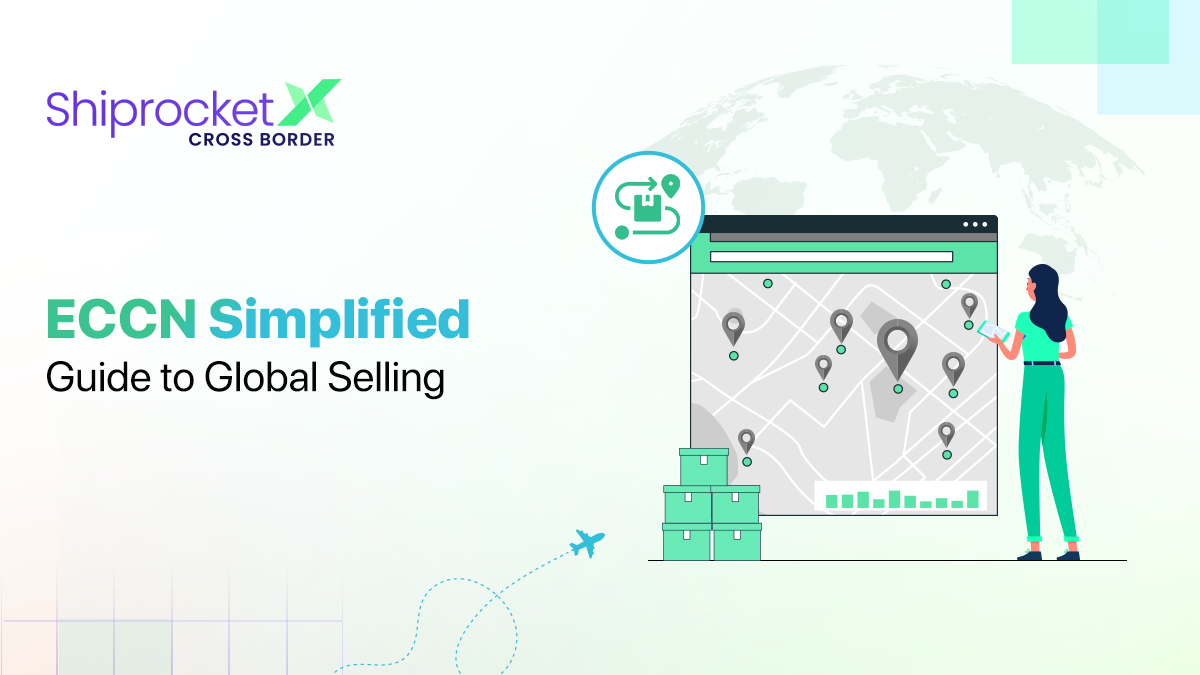Customs Clearance for Air Freight Shipments
- Customs Clearance: Understanding the Process
- The customs clearance process for Air Freight involves the following procedures:
- When is Customs Clearance Needed?
- Estimating Customs Clearance Expenses
- Who Should Obtain Customs Clearance During a Shipment?
- The Duration to Clear Customs Check
- CargoX: Streamlining Customs Clearance for Efficient Logistics
- Conclusion
When you are sending goods to international destinations, getting customs clearance for air freight is a critical step in the shipment process. It involves a series of procedures and documentation required by customs authorities to facilitate the import or export of goods. Customs clearance is necessary to maintain border security, safeguard domestic industry, and enforce trade laws. Effective customs clearance procedures save costs and prevent delays for companies, foster global cooperation and economic progress, and facilitate the seamless flow of commodities in international trade.
Understanding the details of the customs clearance process is important to performing international imports or exports efficiently and on a low budget. Let’s explore more about the basics of customs clearance, including its importance, process, duties, etc.

Customs Clearance: Understanding the Process
Customs clearance is a process that includes different procedures and documentation to ensure that the goods are transported across borders following the regulations on import and export and payment of taxes. The products may be inspected by customs officials to ensure that they meet all legal requirements, including those pertaining to quality, safety, and licensing.
Importers and exporters must follow proper documentation and procedures to get the air freight customs clearance certificate from the customs authorities. The customs department will conduct proper and thorough clearance checks to permit the export or import.
- Documentation: The first step is to prepare all the necessary shipping documents before shipment. Proper documentation should be prepared for customs clearance, including commercial invoices, identification proof, an air waybill, a packing list, licences, permits, a certificate of origin, etc.
- Arrival at destination airport: When goods reach the destination airport, the customs authorities there inspect the goods to check if there are any duties or taxes applicable to them.
- Customs: Customs authorities inspect the shipment and compare it with the documentation provided to check whether the documents follow import and export regulations.
- Paying duties or taxes: After inspecting and assessing the value of the goods, the customs authorities identify the applicable taxes and duties for the consignment, including VAT, customs duties, etc. The duties or taxes are then paid by the freight forwarder or the consignee to get the shipment released from the airport.
- Clearance and release: When all the dues are paid, and customs requirements have been met, customs authorities issue a certificate of customs clearance or release order to get the shipment out of the airport.
- Delivery: After clearing customs, the goods are picked up and transferred to the designated delivery service provider for further transportation to their destination.
The customs clearance process for Air Freight involves the following procedures:
- It requires an importer or exporter to submit the required documents, like a packing list, landing bill, commercial invoice, permits, etc.
- Then, the customs official looks into the documents and verifies their authenticity by checking the data mentioned.
- The officials also check whether any applicable taxes, tariffs, duties, etc., apply to the goods being shipped.
- Then, the next important step is to physically check and inspect the goods to make sure that they are safe and secure.
If the goods pass through the physical check, they check for any pending fees that are due before providing the customs clearance. It is important to follow the customs clearance process properly to make sure that the goods being transported comply with the destination country’s laws and regulations.
When is Customs Clearance Needed?
Customs clearance is needed whenever goods have to be imported or exported across borders. The process of customs clearance makes sure that the goods comply with the export and import rules and regulations and that tariffs and taxes are paid for them. Customs clearance is important for commercial shipping as well as personal shipping, as it ensures smooth transportation of goods across borders. Customs authorities maintain trade, collect customs fees, etc., ensuring the safety and security of the country’s borders. Therefore, navigating customs clearance is important while exporting or importing goods across borders.
Estimating Customs Clearance Expenses
The cost of customs clearance depends on various factors, like the type of goods, value of the goods, destination, etc. The factors that affect the estimation of the customs clearance expenses are:
- Taxes: The import and export taxes levied by the customs authorities based on the type of goods, value of the goods, country of origin, destination country, etc., will impact the overall cost of customs clearance.
- Tariffs: Trade fees or tariffs are also applicable to imported goods, and the country of their origin determines these.
- Processing fees: The fees for processing the shipment and handling goods at various ports or by different customs authorities may be charged during customs clearance.
- Storage: If some items need to be stored at any port for longer than expected, the storage cost will also be added to customs clearance fees.
- Inspection: The physical document inspection by customs authorities, also adds additional costs to the clearance bill.
- Broker fees: If there is any broker who helps importers or exporters clear customs by handling the documentation process as per regulations, then might charge a fee that will be added to the cost of customs clearance.
Who Should Obtain Customs Clearance During a Shipment?
As per the International Trade Laws and Conventions, the responsibility of obtaining customs clearance during a shipment is that of the importer of the goods. The importer is legally bound to take care of the customs clearance procedure, including proper documentation, paying taxes and duties, and following regulations as per the origin and destination country.
Whereas the International Chamber of Commerce (ICC) has set up terms according to which there can be a sale agreement made between importer and exporter, mentioning the terms, conditions, responsibilities, and duties of each. If the exporter, carrier, or forwarder in this agreement agrees to take care of the customs clearance process and duties, he or she will be responsible for obtaining the customs clearance.
The Duration to Clear Customs Check
Customs clearance checking generally takes less than 24 hours. However, certain factors may cause the customs checks to take several days to complete. The factors that affect the duration of customs checks are:
- Depending on the type of goods being shipped, more time may be required for inspections and documentation. This will affect the duration of customs checks.
- The customs clearance process is different for every port in different regions and countries. Some may have a seamless and simple process, while others may have a lengthy process causing delays.
- If there is no proper documentation of the shipment, then the customs clearance checking process will take longer than usual time.
- Large volumes of shipments create traffic at customs checkpoints, which increases the duration.
- Not having proper permits, licences, certificates, etc., as per import and export guidelines, can lead to a delay in customs clearance.
- If the shipment contains any restricted, dangerous, or hazardous items, proper investigation, and procedure will add to the duration of the customs clearance check.
CargoX: Streamlining Customs Clearance for Efficient Logistics
CargoX has a network that includes more than 200 countries, and they are working towards providing efficient shipping solutions for local and international deliveries. CargoX eases the burden of customs clearance, making the shipping process easy for sellers:
- CargoX offers multiple shipping modes, so you can choose the one that best suits your needs.
- They help you pass the customs clearance process without burdening you with loads of paperwork.
- You can get real-time updates on the status of your package using CargoX tracking services. They also send updates to you through WhatsApp or email for your convenience, so you don’t have to open your account to check the status always.
- CargoX also manages hassle-free returns for your shipments by picking up the return orders on time and keeping the upcoming orders nearby.
- If customers have any issues or concerns about customs or international shipping, they can contact CargoX customer support experts. They will guide customers and provide a quick and efficient solution.
- CargoX protects your shipments and packages during transportation by providing insurance coverage. So, in case of any damage or loss during transportation, you can claim a certain amount.
Conclusion
Efficient customs clearance is a difficult and critical task in today’s world when international trade is flourishing faster than before. Some innovative solutions have come up to navigate traders through the customs clearance process, such as using blockchain technology and smart contracts, minimising unnecessary costs, streamlining the process, and ensuring transparency. The risks of errors and delays in customs clearance affect the importers as well as the exporters. CargoX makes customs clearance easier for you with updated technology and solutions, helping your business conduct efficient international trade.





